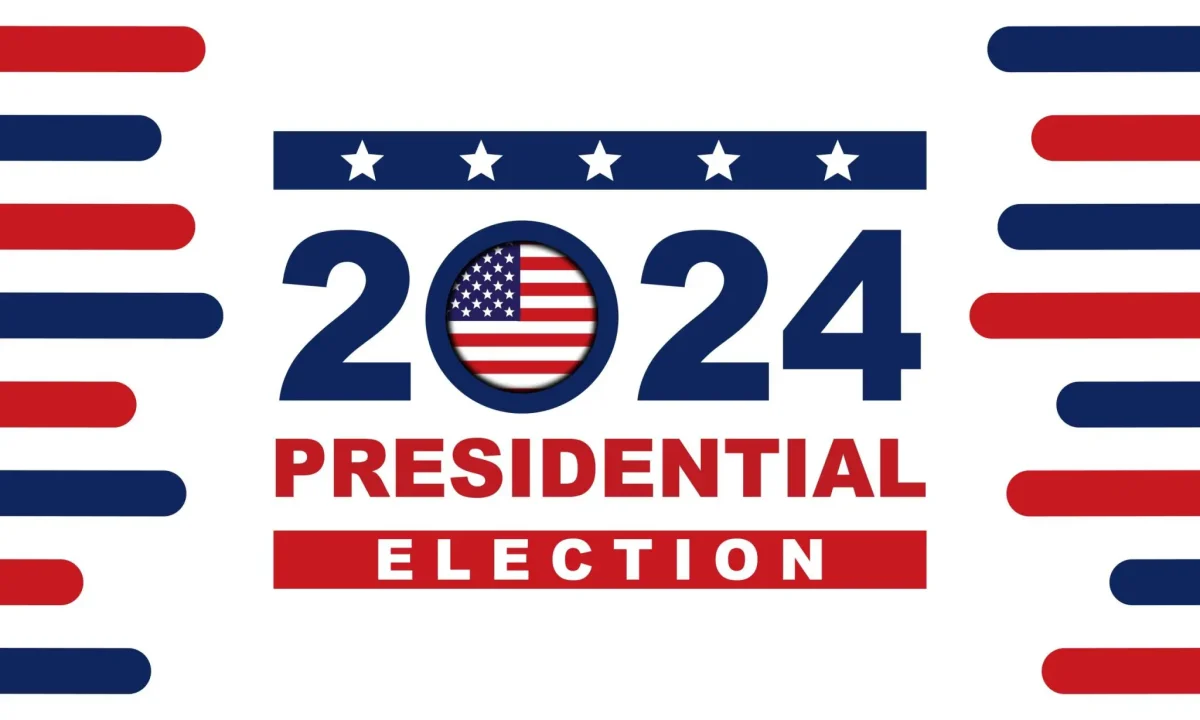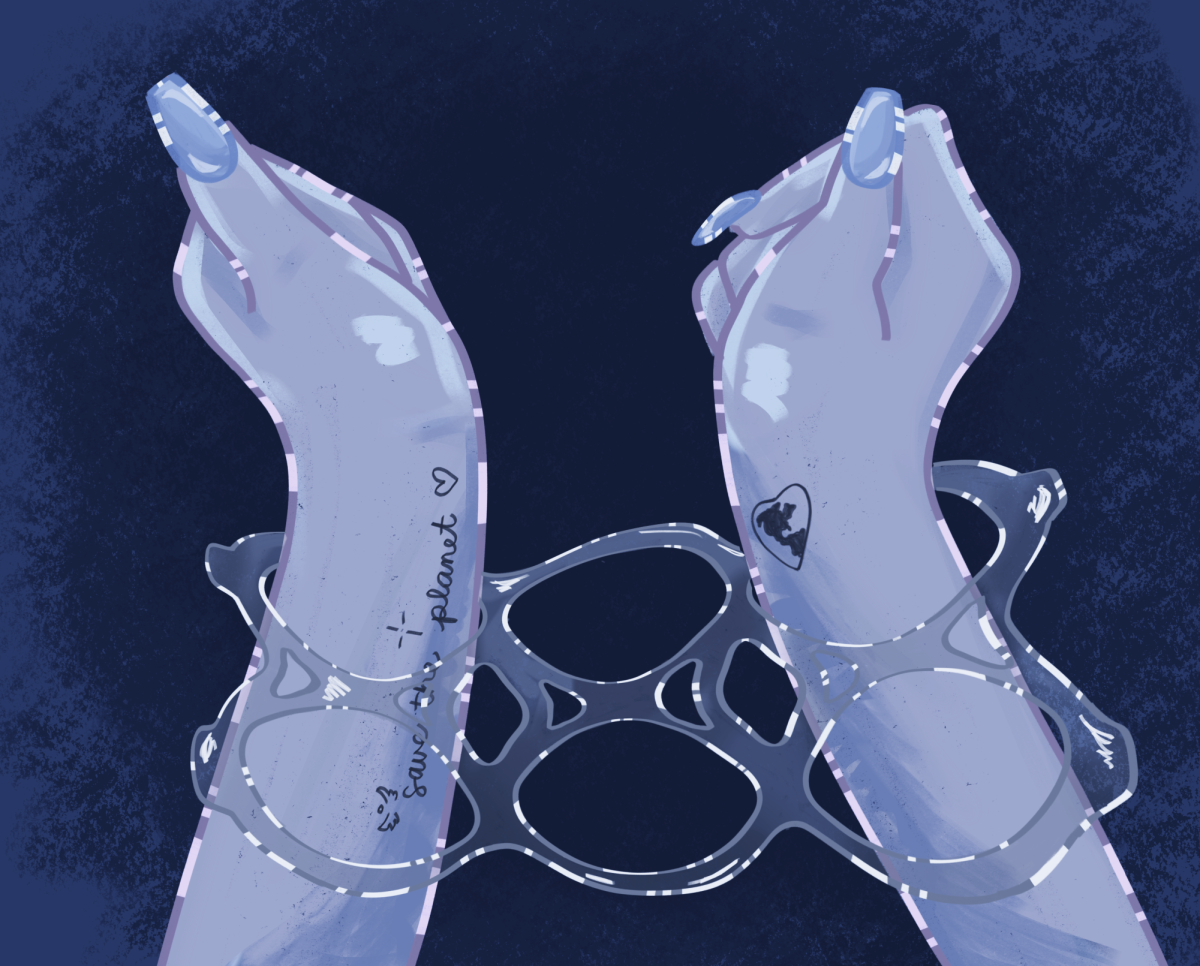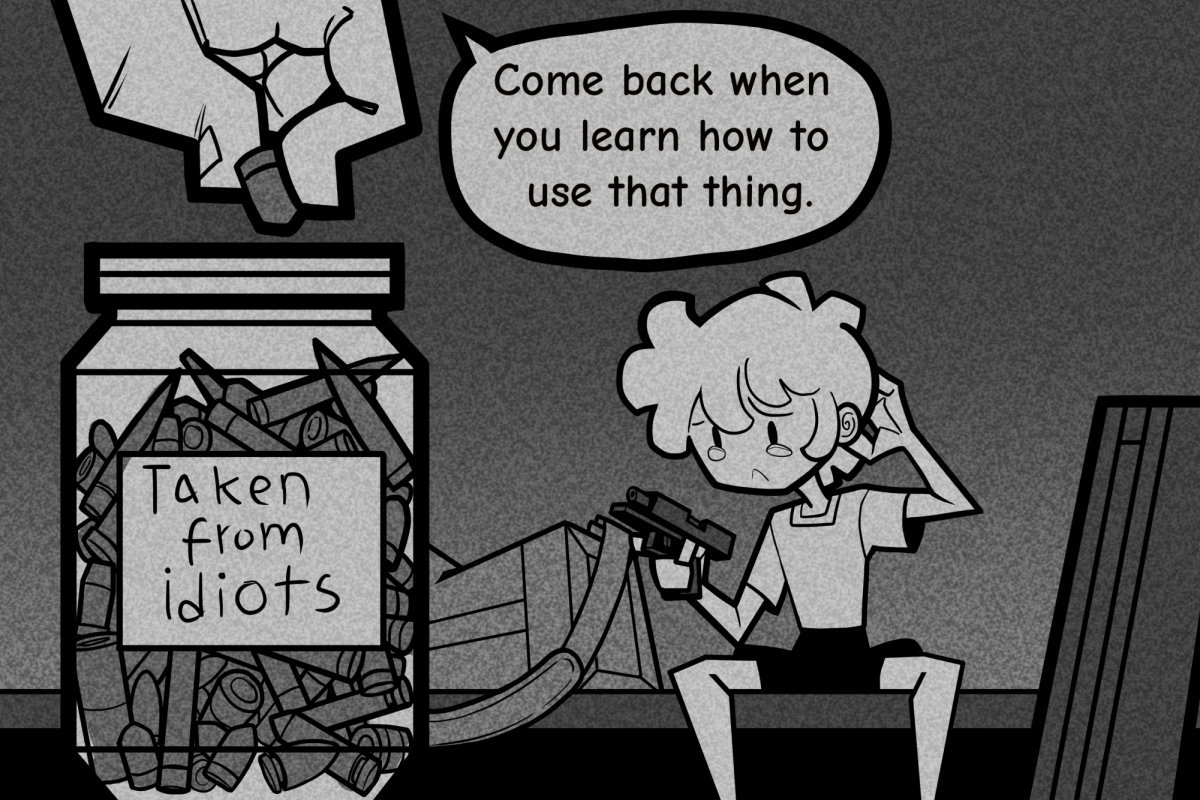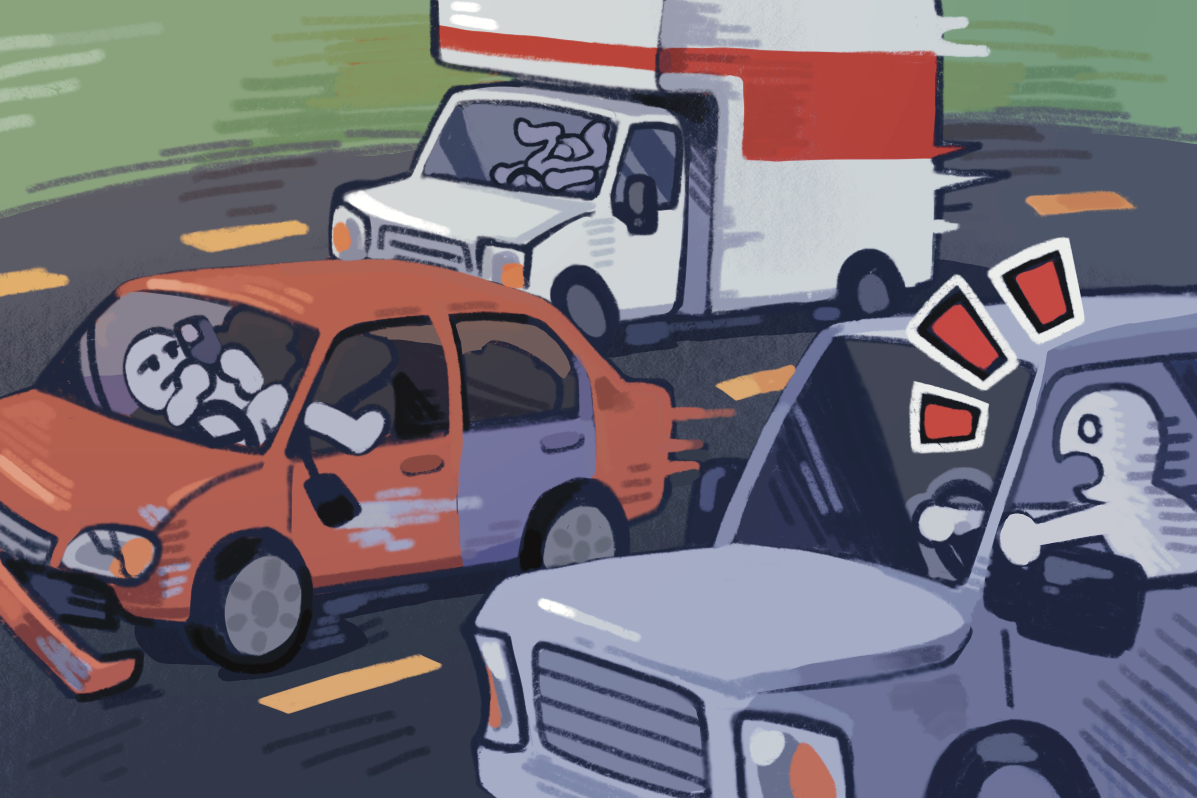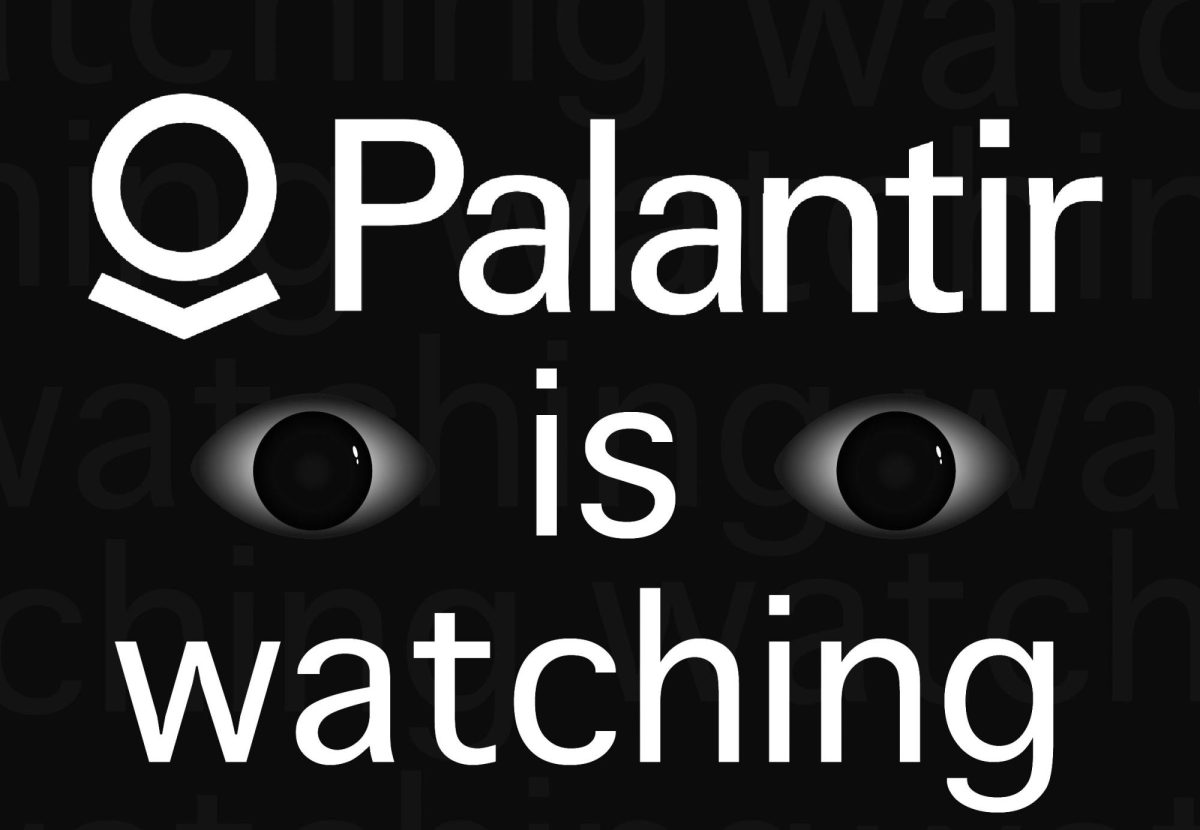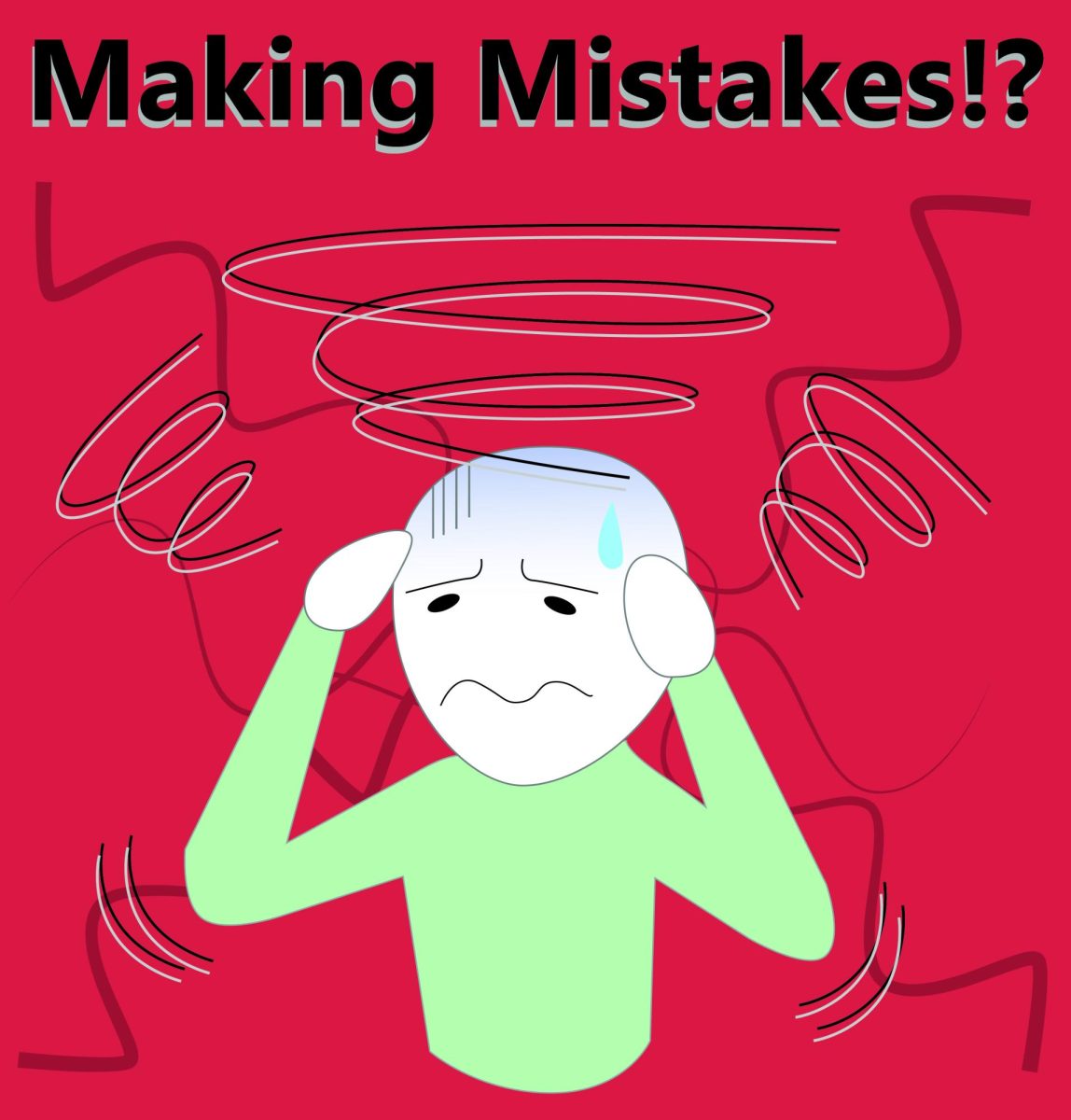Generative artificial intelligence (AI) as we know it threatens our creative existence to become a controlled, modular point in pursuit of needless greed. The ability to create content with minuscule effort has tantalized thousands of people and it would appear its growth has been made with the promise to replace human digital labor as a whole. As a result, the issue is its attempt to mimic human behavior, the unreliability of generated content and the precedent it sets for replaceable labor.
AI is a tool that replicates the human behaviors found in human works. Nhi Huynh of The State Press at Arizona State University states that “(AI) has the capacity to emulate us, but this tool does not … feel emotional about what it generates.” AI simply interprets data given to it, which is poached off of large quantities of human-created media. This behavior has led to the creation of mimicked works across a vast assortment of platforms and has made it difficult to decipher what is generated content and what is a true statement. AI in current forms is good enough to pass off as genuine, quality material on its own, which is a problem.
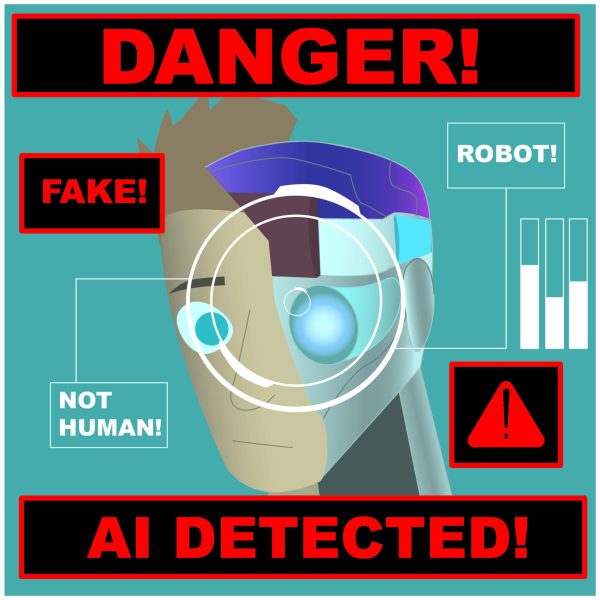
Each day, what makes AI unreliable is that AI takes a generated outlook of information and passes such interpreted information off as fact, regardless of its sources. AI lacks memory, which has led to a technique that Ethan Mollick called “prompt engineering.” The process elaborates that a prompt must be given rules, definitions and a clear idea of a contextualized scenario. This means, with minimal effort, an AI can produce hypothetical work without the concept of morality. Business offices thrive in an environment of amoral behavior, so if a tool that can replicate the human factor presents itself, then businesses have no reason to make use of people anymore.
AI has grown exponentially and has promised to replace human labor. Humans take time to learn, however, businesses want results now and hold a callus attitude of “if a worker wants to keep his or her job, he or she will have to pivot to a different set of tasks,” according to Rebecca Stropoli, a professor at The University of Chicago’s Booth School of Business. The worst thing an employer can ask of a person who has dedicated their time to a skill or task such as art, writing, photography or other such creative mediums, is to change professions. It implies a uselessness to them and AI positions itself to make such a dangerous statement factual. Whether or not a person believes their personal skills to be useful, a business would rather accept risks than deal in terms of the moral human. As a result, there is no choice but to view AI as a dangerous tool that needs to be curved or snuffed out.
Generative AI is dangerous because it can mimic human behavior in good enough quality for business, but not good enough for holistic use. AI is created with the sole intention to replace people. Consequently, AI must be destroyed.




